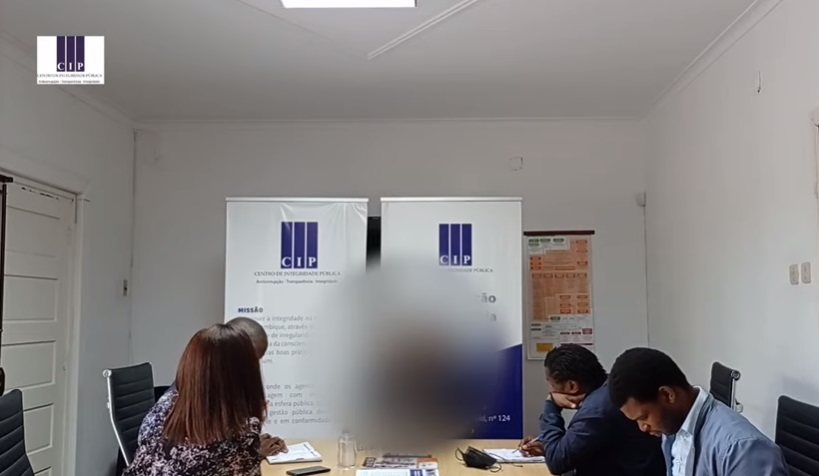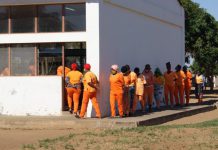AfricaPress-mozambique: The Centre for Public Integrity (CIP), a Mozambican non-governmental organisation (NGO), on Tuesday denounced a sexual exploitation network in which prison guards force women inmates out of a Maputo jail to engage in prostitution.
“What we hope is that after this investigation it will be possible for the Public Prosecutor’s Office to identify the people involved and that they will be held responsible, to stop this reprehensible and heinous exploitation,” said Borges Nhamire, a member of CIP.
He was speaking at a press conference during the presentation of the NGO’s investigation carried out at the Special Prison for Women in Maputo (EPEMM), better known as Ndlavela Women’s Prison.
CIP advocates the urgent creation of an “independent commission of enquiry integrating different State bodies and institutions, including the public prosecutor, parliament and human rights organisations” to investigate the case.The commission should also produce “recommendations for the protection of the inmates of the prison and others spread across the country”.
The EPEMM housed a total of 125 inmates in 2019, spread over eight cells, with a capacity of 20 people each.
“Sexual exploitation of female inmates is a lucrative business,” the CIP report states, according to which “inmates are treated as a commodity and have a price” only within reach of people with some possessions in Maputo.
Prison guards negotiate with clients: the day, the place of the meeting and the price – the guards can receive around 40 to 400 euros for each prisoner delivered.
“Although it’s more common for prisoners to leave at night and on weekends or holidays, some can even be taken out in broad daylight and in the middle of the week,” reports CIP, whose investigators posed as clients for six months, even receiving invitation messages from guards announcing the arrival of new prisoners.
The meetings arranged by the CIP served to talk to the prisoners: “some go out three or four times a week to have sexual relations with people they say they don’t know”, reads the report.
Justifications are invented for leaving the prison – for example, a trip to the hospital – and until they get to the street, the inmates “come up against guards and on-call supervisors”.
“There is no questioning of inmates who are moving without authorisation. The scheme involves several hierarchies of bosses, from the head of cell, the officer in charge to the guards in the watchtowers”, notes the CIP.
One of the inmates reported that, in addition to forced prostitution, she was “raped by jailers” and reported being “beaten for refusing to have sexual relations with an officer”, which took her to hospital – a situation similar to those reported by more women.
Another inmate said that not all women integrate the clandestine network of prostitution, “only the most vulnerable”, because “those who have the support of their families don’t accept it, they don’t need it”, she told CIP.
In her case, a single mother and orphan, she said that she eventually gave in to pressure and uses part of the money she receives from the people with whom she has relations – money that escapes the hands of the guards – “to meet her needs and help her daughters”.
When one of the CIP investigators wanted to reschedule an appointment, the inmate replied, “That is not up to me,” explaining that it is up to the guards to decide which inmates leave, when and with whom.
In another testimony, a prisoner said she had already attempted suicide by being forced “to have sexual relations with more than three strangers a day.”
Four women who were serving prison sentences at EPEMM, and who are now free, also spoke about the network and one of them highlighted a dilemma: “If you don’t accept, you are blacklisted”, explaining that women who refuse to prostitute themselves are mistreated by the guards.
The CIP investigation states that “some inmates who had already tried to denounce the abuses were barbarously beaten. The aggression discourages other inmates from denouncing it”.
On a regular basis, the inmates “receive visits from different religious congregations, from the inspection of the Attorney General’s Office (PGR) and other people of good will, but even so, they find no space to denounce the horrors they go through in prison”.
“We lived under constant surveillance. The guards are always around,” reported one of the former inmates.
According to the CIP, “similar investigations should be conducted by the authorities in other prisons where women are incarcerated to ascertain whether similar situations to Ndlavela do not occur,” the report concludes.






